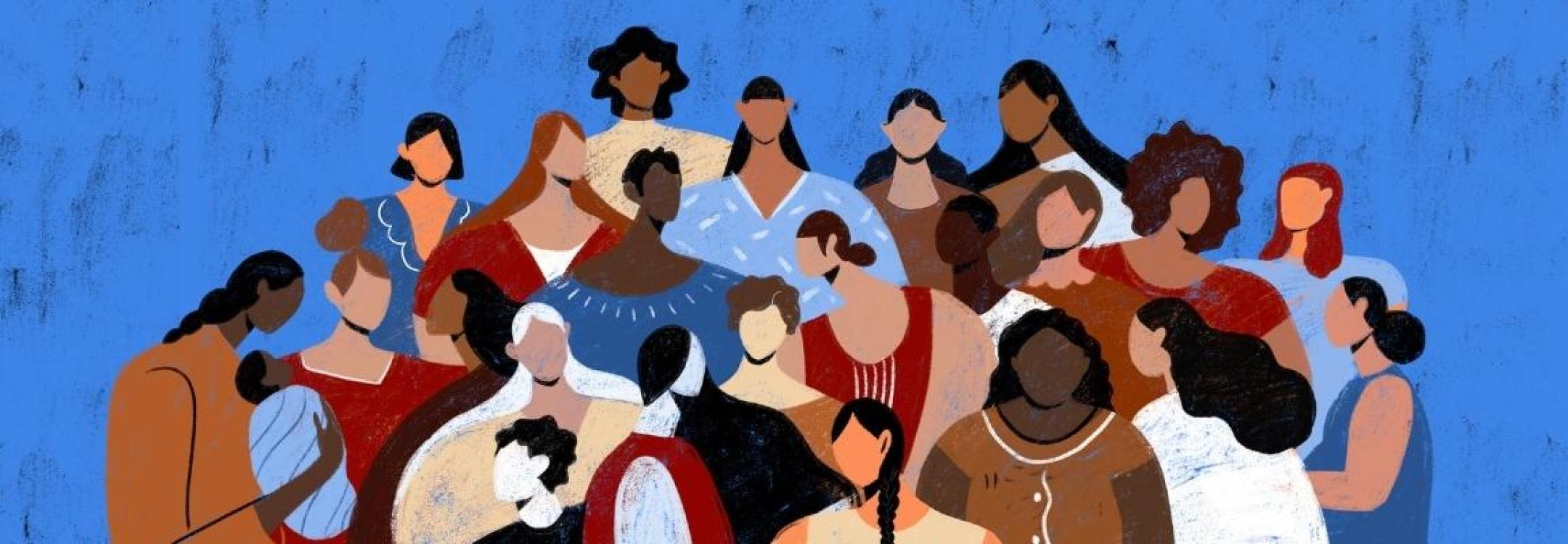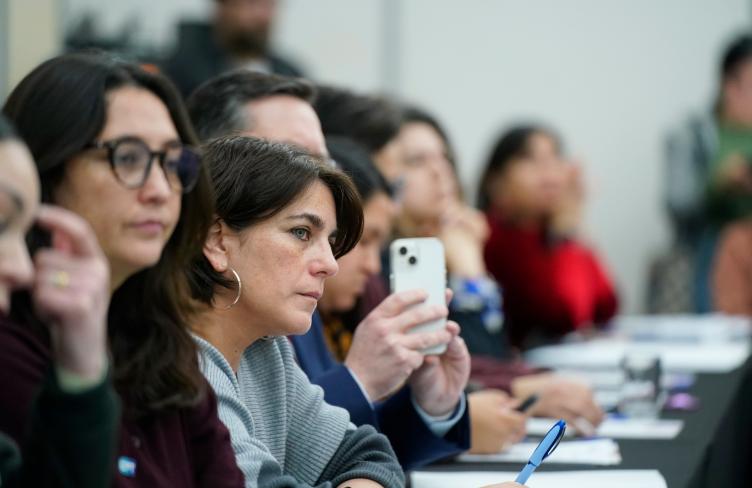
I am a proud Indigenous Cree woman and a member of the Sucker Creek First Nation. It is a Treaty 8 First Nation. I am a direct descendant of Chief Moostoos, who was signatory to Treaty 8, the largest Treaty in Canada. People in the area where he was Chief knew him as the "People's Chief", a very loved and respected man.
My family was deeply impacted by the abuses they suffered in residential schools. I too suffered from the intergenerational effects of these abuses. My brother - who was sexually abused in the residential school - preyed on me and my siblings, five of whom have since passed away due to their inescapable memories of this abuse. They died from liver failure and drug addiction.
I was the seventh child and was given the name Te'pakoph – which means ‘seven’ – by an Elder. The Elder told me I had a special gift and would grow to see far. I carried this with me throughout my life. It has given me inner strength and a strong relationship with the Creator. These qualities guide the choices I make in my life.
I believe prison oversight bodies should aim to reflect the diversity of the people they serve. Prisoners want to see themselves in the individuals who are receiving and investigating their complaints.
In 1995, with my daughter in tow, I started my career with the Correctional Service of Canada (CSC) as a Primary Worker. In 2000, I transferred to a Healing Lodge, a federal correctional facility designed specifically for Indigenous offenders, where I started a role as Correctional Manager. I worked at the Healing Lodge for ten years. During this time, I obtained a B.A. in Criminal Justice. In addition to the degree, I was gifted an eagle feather and a women’s medicine protection bundle. The ‘white’ and Indigenous credentials set the stage for how I would approach federal inmates: not favouring one worldview over the other.
In 2011, we relocated to Ottawa where I accepted a position as a Program Officer with the Ottawa Parole Office, teaching day parolees in the community. It was difficult teaching in this way, as there appeared to be no sincere Indigenous perspective incorporated into the programme. So I drew from my academic knowledge, extensive work experience in the criminal justice system, and my lived-experience as a First Nations woman. This blended approach helped me to connect with my clients and made programming more effective.
Soon after, a Director from the Office of the Correctional Investigator (OCI) approached me for the Senior Investigator position. I felt like I had won the lottery. This was an opportunity to help Indigenous inmates. With the OCI, I have accumulated extensive experience in providing ombudsman services to federal offenders, along with providing advice pertaining to correctional law, policies and procedures. I also support the Correctional Investigator by offering an ‘Indigenous lens’, to ensure our reports and recommendations reflect the unique needs of Indigenous inmates and other minority groups.
I travel to remote areas where Healing Lodges are located and I sit with Elders and residents on sacred grounds, where we can discuss their concerns. If they are older inmates, I speak my language – Cree – to make them feel comfortable and I share stories that only Indigenous peoples can appreciate. I help them to understand that I am an Indigenous person looking at the facts of their case with a view from two worlds.
It is difficult to hear their stories because they are similar to mine. It can be difficult to distance myself. Still, I share my experiences, both good and bad, when I think it will help. Then they can share their stories knowing that I will receive them with genuine empathy. If they invite me to eat with them, I do so. It demonstrates my willingness to engage and shows respect. It is also very important to listen and to follow up on a promise. When I do these things, I create a bond of trust, which is very important to Indigenous peoples.
I am an Indigenous woman, a life-giver, with healing energy and decades of experience in corrections. This has allowed me to do the work of prison oversight. When marginalised complainants come face-to-face with an Indigenous Senior Investigator, they are taken aback. They feel that perhaps there is hope when they speak with someone from their own culture and ethnicity. Someone who knows his or her pain and journey. Someone who understands that they were made to feel inferior and forced into a stereotype by a colonial system that proclaimed itself as “dominant”.
Coming with the knowledge of white policies and my Indigenous cultural credentials, I seek to help incarcerated individuals gain self-respect. And I share my story of resilience and perseverance, my commitment to making a mark on this world in a meaningful way, as long as the “sun shines and the rivers flow”, as my great-grandfather envisioned.
My operational experience at CSC helped me hone my dispute resolution skills, as I had to resolve complaints all the time. I would often go back to the old way of solving issues between inmates, employing face-to-face mediation. I found this approach to be very effective for managing and resolving conflicts, as well as building self-respect among participants.
This approach was used by Indigenous peoples prior to First Contact and was very useful for resolving issues in a non-dictatorial way. It allows individuals to take control and responsibility over their own voice, and to empower their own ideas for resolution. I would advise participants as they did the work. I guided them through the process. I did not tell them what to do.
I recently completed my Master's degree in Legal Studies from Carleton University. Book knowledge is great. Likewise, experience working in the field, combined with lived experience, is powerful. I cannot teach my lived experience, but I can draw from and share my experiences to demonstrate genuine empathy. Working with my own people is difficult, as I have faced similar concerns and shared the same experiences, but this work allows me to demonstrate how my choices can help them overcome obstacles.
I have come to see that Indigenous staff are key to making a meaningful difference in the lives of Indigenous prisoners. I believe prison oversight bodies should aim to reflect the diversity of the people they serve. Prisoners want to see themselves in the individuals who are receiving and investigating their complaints. They want assurance that the person hearing their case understands where they are coming from, their ways of knowing and being.
Hazel Miron
Senior Investigator, Office of the Correctional Investigator of Canada
Hazel can be contacted at hazel.miron@oci-bec.gc.ca

